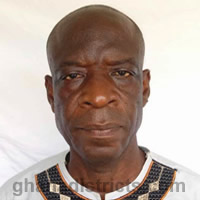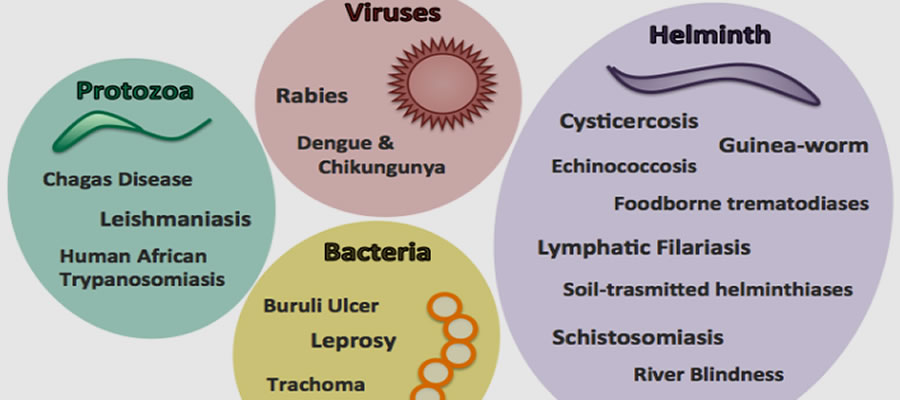

Educational Institutions
The Akyemansa educational institutions can be categorized into public and private. The institutions range from Kindergarten, Primary, JHS and SHS. From the table below, the total educational institutions number 255, with public covering 191 and private making up 64. It is the responsibility of the District Assembly to ensure that each child of school going age has access to free quality education. The effort of the private sector is also welcomed since it helps to achieve greater result; government needs to partner with the private sector to improve on service delivery.
Table: 1.18Types of Education Institutions
Source: DED, Akyemansa 2017
Figure: 1.9Districts Educational Map
Quality of Teachers
The quality of teachers in a district plays an important role in the quality of school children it produces in the district. If the performance of the schools is to be higher, it depends to a large extent on the teachers. In the case of Akyemansa District, the table below shows that about 76.01% of the teachers are qualified and trained teachers making up 748 of the absolute figure for the public schools, whiles 23.99% are untrained making up 236 of the absolute figure. In terms of the private schools, 97% of the teachers are untrained and do not have any teaching qualification as shown in the table below. Though frantic efforts are been made to improve on the quality of teachers in the public schools, it is important that incentives schemes are instituted to attract qualified teachers to the district. The percentage not having any qualification should be gradually mainstreamed into the training institutions to enhance the quality of their service delivery and teaching methodologies.
The private institutions should be properly regulated to ensure that, the teachers they enrol have gained some level of training even though their performance in most cases are higher than that of the public institutions.
Quality of Teachers in the District
Source: DED, Akyemansa 2017
Enrolment Levels in both Public and Private
The table depicts the enrolment levels in the district by category. It also compares the boys to girl’s enrolment. It can be seen from the table below that, at the pre-school and primary level, the enrolment levels are overwhelmingly high accounting for more than half of the total enrolment, this is due to the capitation grant and school feeding programme.
Table: 1.20 Enrolment Level in 2017 (Public and Private)
Source: DED, Akyemansa 2017
Date Created : 3/21/2025 3:25:44 AM








 facebook
facebook
 X
X
 Youtube
Youtube
 instagram
instagram
 +233 593 831 280
+233 593 831 280 0800 430 430
0800 430 430 GPS: GE-231-4383
GPS: GE-231-4383 info@ghanadistricts.com
info@ghanadistricts.com Box GP1044, Accra, Ghana
Box GP1044, Accra, Ghana